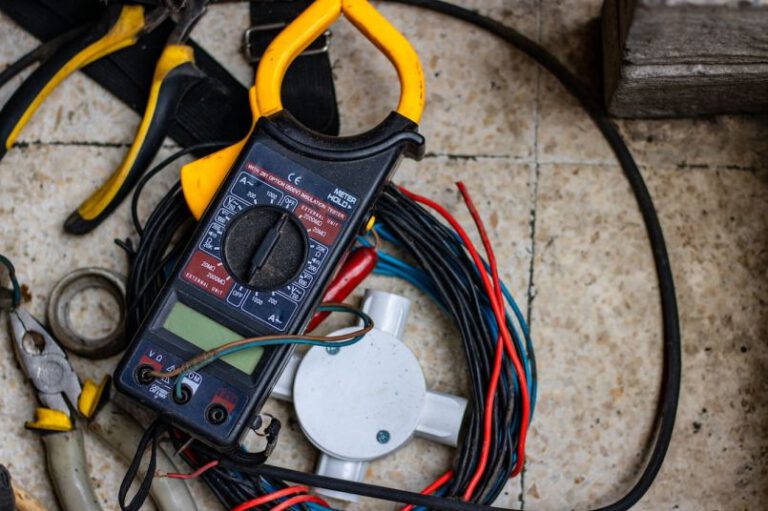Storing Seasonal Electronics (christmas Lights, Etc.)
Storing Seasonal Electronics: Keeping Your Christmas Lights and More Safe
As the holiday season comes to an end, it’s time to start thinking about taking down all the festive decorations and storing them away until next year. One of the most common items that need to be stored are seasonal electronics, such as Christmas lights and other decorative items. Storing these items properly is essential to ensure their longevity and to make next year’s decorating process a breeze. Here are some tips and tricks to help you store your seasonal electronics safely and efficiently.
Clean and Inspect
Before storing your seasonal electronics, it’s important to give them a thorough cleaning. Dust, dirt, and debris can accumulate on these items during the holiday season, and leaving them uncleaned can lead to damage over time. Use a soft cloth or a damp sponge to wipe down the surfaces of your electronics, making sure to remove any dirt or residue.
After cleaning, take the time to inspect each item for any signs of damage or wear. Check the wires for any fraying or exposed areas, and make sure all the bulbs are in good working condition. If you come across any faulty or damaged items, it’s best to replace them before storing them away.
Organize and Label
To make next year’s decorating process easier, it’s important to organize and label your seasonal electronics before storing them. Start by untangling any Christmas lights and wrapping them around a piece of cardboard or a plastic reel. This will help prevent them from getting tangled and damaged during storage. You can also use zip ties or twist ties to secure the lights in place.
For other seasonal electronics, such as inflatable decorations or lighted figurines, it’s best to store them in their original packaging if possible. If you no longer have the original packaging, use plastic storage bins or boxes to keep them safe. Make sure to label each bin or box with its contents, so you know exactly what’s inside without having to open it.
Store in a Cool and Dry Place
Proper storage conditions are crucial for preserving the lifespan of your seasonal electronics. It’s best to store them in a cool and dry place, away from direct sunlight and extreme temperatures. Basements, attics, or climate-controlled storage units are ideal for keeping your electronics safe.
Avoid storing your electronics in areas that are prone to moisture or humidity, as this can cause damage and corrosion. If you live in an area with high humidity, consider using moisture-absorbing packets or silica gel packs to keep the air inside the storage containers dry.
Protect from Pests and Damage
Lastly, it’s important to protect your seasonal electronics from pests and potential damage. Mice, insects, and other critters can cause significant damage to your stored items, so take precautions to keep them out. Seal any openings or cracks in your storage area to prevent pests from getting in. You can also use mothballs or cotton balls soaked in peppermint oil to deter rodents and insects.
To prevent breakage, use bubble wrap or foam padding to cushion delicate items. For larger items, such as inflatable decorations, make sure to deflate them completely and store them in a dry and clean space.
By following these tips, you can ensure that your seasonal electronics, including Christmas lights and other decorative items, are stored safely and securely until next year. Taking the time to clean, organize, and protect these items will not only extend their lifespan but also make your future decorating endeavors a breeze. So, bid farewell to the holiday season with peace of mind, knowing that your seasonal electronics are stored away with care.






